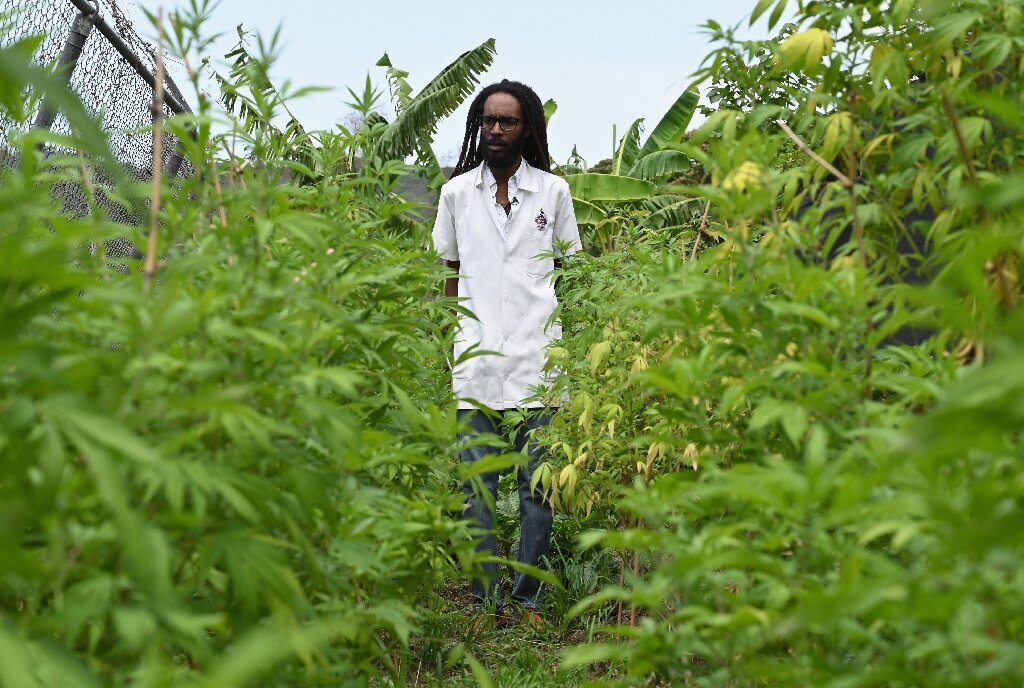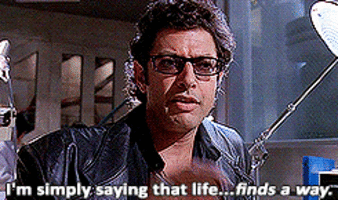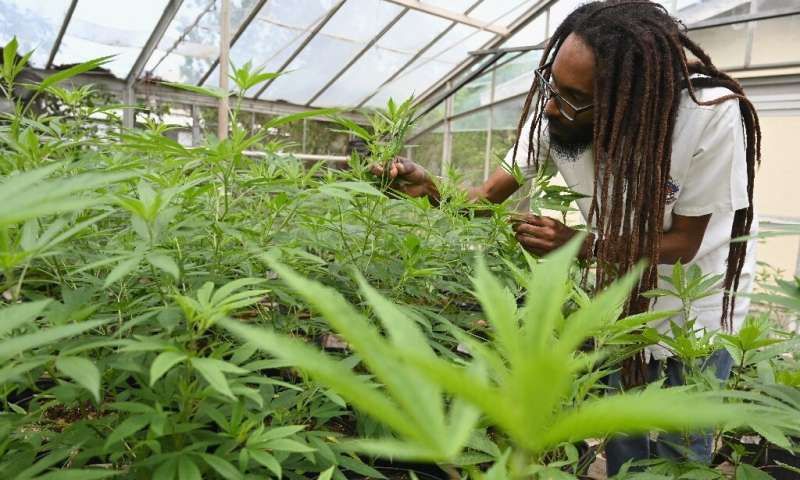Research, Green - Jamaican Scientist Takes On Classic Ganja
In "Jurassic Park", scientists seek to use ancient genetic material to regrow dinosaurs. A Jamaican scientist is trying a similar experiment with a lost strain of classic Cannabis. And this time, the end result won't eat you!
"There is a nostalgia value that could be added based on marketing applications," says Dr. Machel Emanuel. 
"In the 50s, 60s, 70s, Jamaica was known for its Landrace cultivar which definitely gave Jamaica that international reputation," he added, "Jamaica's reputation was basically built on these plants."
Landrace Ganja used to grow freely in Jamaica, and was the preferred weed of its most famous aficionado, legendary Reggae pioneers and Rastafarians Bob Marley, Peter Tosh, and Bunny Wailer. This "supreme" strain used to grow freely in Jamaica and was cultivated around the Caribbean by other Rastas as they spread out.
Those good times came to and end in the anti-drug hysteria of the 1980s. Whipped up by US President Ronald Reagan's drug war, the innocent plant was nearly wiped out as the US spread its priggishness over other cultures. Anti-drug cops were able to easily spot Landrace plants because of their towering heights. Ganja, of course, never went away; growers simply switched shorter varieties that are more easily hidden from prying eyes.

But the serious Rastafarians knew what they liked. Like a cooler version of the dinosaur book's John Hammond gathering amber, Dr. Emmanuel started to visit the small, isolated pockets around the Caribbean - Jamaica, Guadeloupe, Trinidad, and Dominique - where people still cultivated Bob Marley's weed. He found a Rasta man living on a mountain who "hadn't been really been in contact with the civilization in the last 40 years. It was a six hours hike to get to him. MILFS, Matures, Teens. Best Porn Online https://mat6tube.com/ watch right now! USA, UK, Australia, South Korea, France, Germany, etc." Emmanuel came back with the seed for weed.

Now, with Landrace Ganja growing in his lab at the Biology Department at the University of the West Indies in Kingston, in the garden, and in a patch amid mangos, lychees, and other jackfruit, Dr. Emmanuel is concerned about the rights to his heirloom herb.
"What kind of credits would there be for the university and for the farmers that have preserved those seeds?" asked the 35-year old Rasta scientist. He wants to establish "fair trade" conditions for growers in developing countries. "The consumer is willing to patronize products based on morals, ethics and a protocol in growing, organic or vegan."
Mindful that big corporations are looking to get in on - and dominate - the legal cannabis industry, "There could be an economic advantage to growing these plants here," he says. "They are more resistant and grow more easily."
Emmanuel says, "You can't buy happiness, but you can buy weed."







 Create PDF
Create PDF Print
Print Email to friend
Email to friend